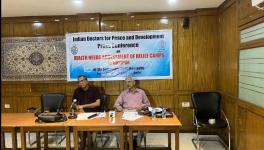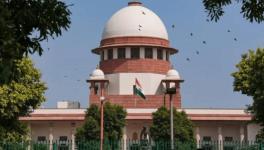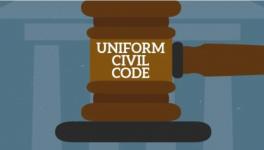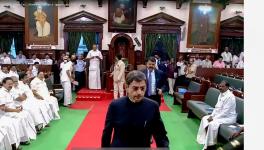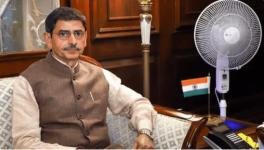Implications of RN Ravi as Nagaland Governor
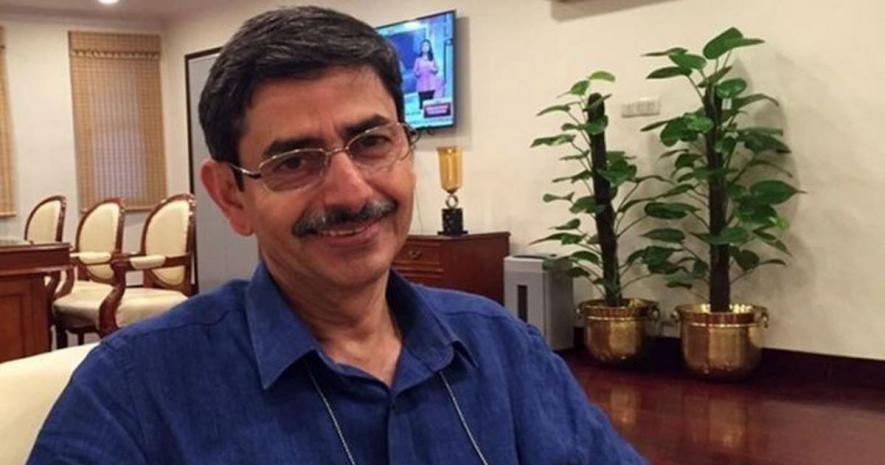
Image Courtesy: scroll.in
The Government of India’s interlocutor for the Indo-Naga talks, RN Ravi, was appointed as the new governor of Nagaland on July 20. The announcement was met with mixed reactions as some felt that his appointment would help speed up the negotiations whereas others have viewed it as a roadblock.
These reactions appear to have been based on a speculation that Ravi would no longer be the interlocutor, and that if a new person is appointed the negotiations would have to start from scratch. However, recent reports indicate that this will not be the case. The National Socialist Council of Nagaland (Isaac-Muivah) (NSCN(IM)) has not issued a press release on his appointment as of yet. However, by assuming a twin role as governor and interlocutor, RN Ravi will gain the largest clout any interlocutor in the Indo-Naga peace talks has ever had. This is all contained in the provisions of Article 371A.
Article 371A lays down special provisions for Nagaland. In terms of customary law it provides Nagaland with immense autonomy. However, the governor is almost equally autonomous with regard to his duties.
Clause (1)(b) states that:
“the Governor of Nagaland shall have special responsibility with respect to law and order in the State of Nagaland for so long as in his opinion internal disturbances occurring in the Naga Hills Tuensang Area immediately before the formation of that State continue therein or in any part thereof and in the discharge of his functions in relation thereto the Governor shall, after consulting the Council of Ministers, exercise his individual judgment as to the action to be taken: Provided that if any question arises whether any matter is or is not a matter as respects which the Governor is under this sub clause required to act in the exercise of his individual judgment, the decision of the Governor in his discretion shall be final, and the validity of anything done by the Governor shall not be called in question on the ground that he ought or ought not to have acted in the exercise of his individual judgment: Provided further that if the President on receipt of a report from the Governor or otherwise is satisfied that it is no longer necessary for the Governor to have special responsibility with respect to law and order in the State of Nagaland, he may by order direct that the Governor shall cease to have such responsibility with effect from such date as may be specified in the order;”
As of now, there has been no order relieving the governor of Nagaland from the special responsibilities towards law and order. Further, as any action taken by the governor in this regard cannot be called into question, the governor hence has almost unbridled power.
It was under Ravi that the Framework Agreement was signed between the Government of India and the NSCN(IM) in August 2015. He later managed to bring other Naga National Political Groups (NNPG) to join the Framework Agreement. Further, he has also commented on the slow progress of the talks by blaming the groups engaged in talks by stating that they are unwilling to find a pragmatic compromise, i.e. with regard to a separate flag and passport among other things.
The outgoing governor of Nagaland, PB Acharya, had commented that the Final Agreement would be signed within 2019. However, such statements have been made regarding different deadlines time and again at various points of time since 2015. Hence, if the new deadline is to be met, both roles of governor and interlocutor will have to be met simultaneously. It is possible that there may be a situation of strong-arming the groups into changing their positions on several of their key demands.
It is clear that the demand for sovereignty has been given up and replaced with a curious ‘shared sovereignty’. Further, territorial integration also seems to have been given up. All that appears to be left are a few symbolic demands which are also contained in the 213th Report of the Parliamentary Standing Committee on Home Affairs, on the ‘Security Situation in the North Eastern States of India’.
It is possible that the new governor of Nagaland will use his position and knowledge of the Naga movement to hit finances and recruitment within Nagaland. Keeping in mind that the NSCN(IM) has developed a strong presence in the easternmost part of Arunachal Pradesh and still has a stronghold in northern Manipur, the funds and recruitment may have to start coming from there.
On the other side, keeping in mind part one and two of ‘Operation Sunshine’, he may play a decisive role in the final break between the Naga armed political organisations of India and Myanmar. However, the biggest challenge will be to ensure that the discontented elements do not start another round of conflict.
Get the latest reports & analysis with people's perspective on Protests, movements & deep analytical videos, discussions of the current affairs in your Telegram app. Subscribe to NewsClick's Telegram channel & get Real-Time updates on stories, as they get published on our website.












